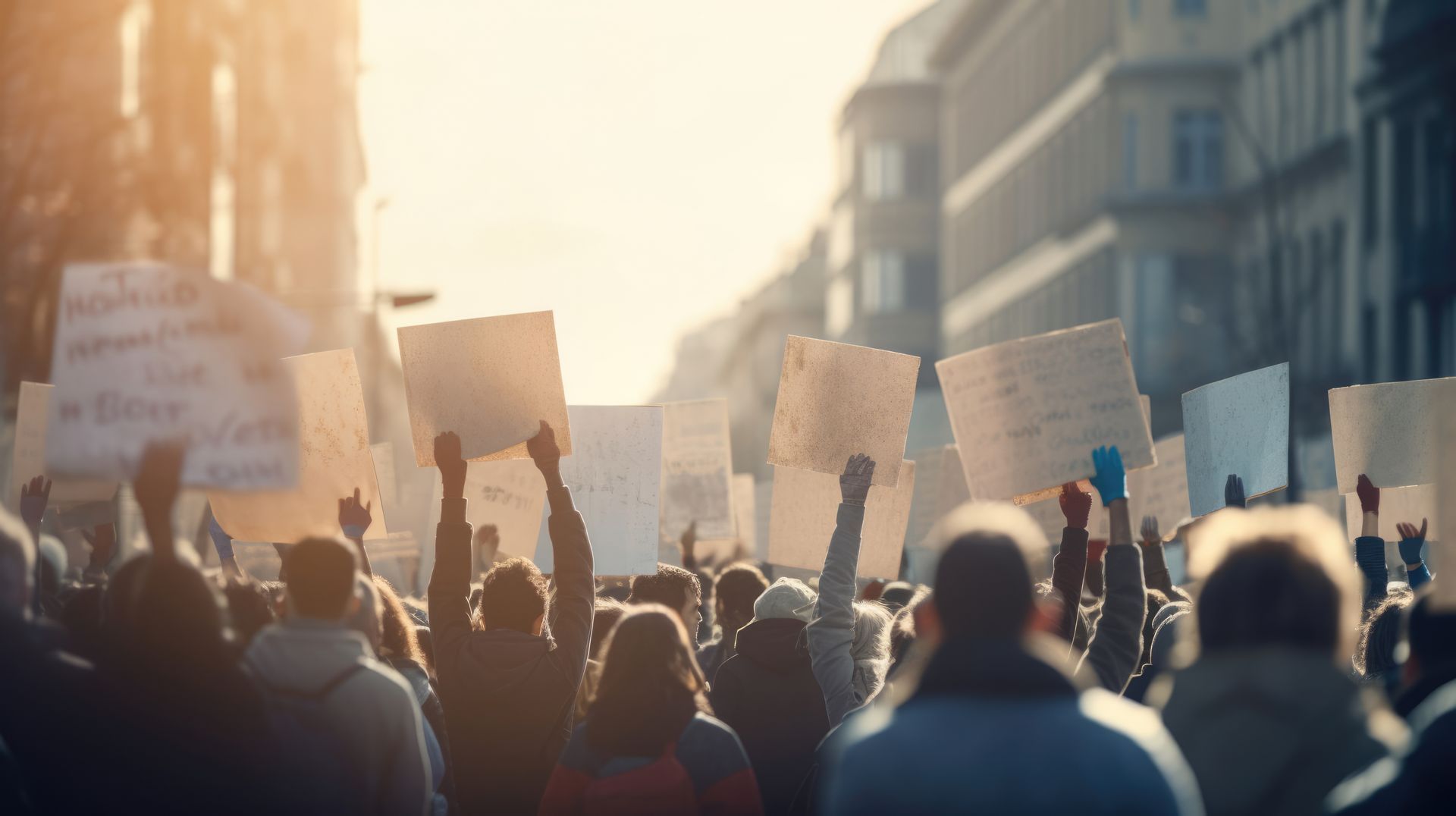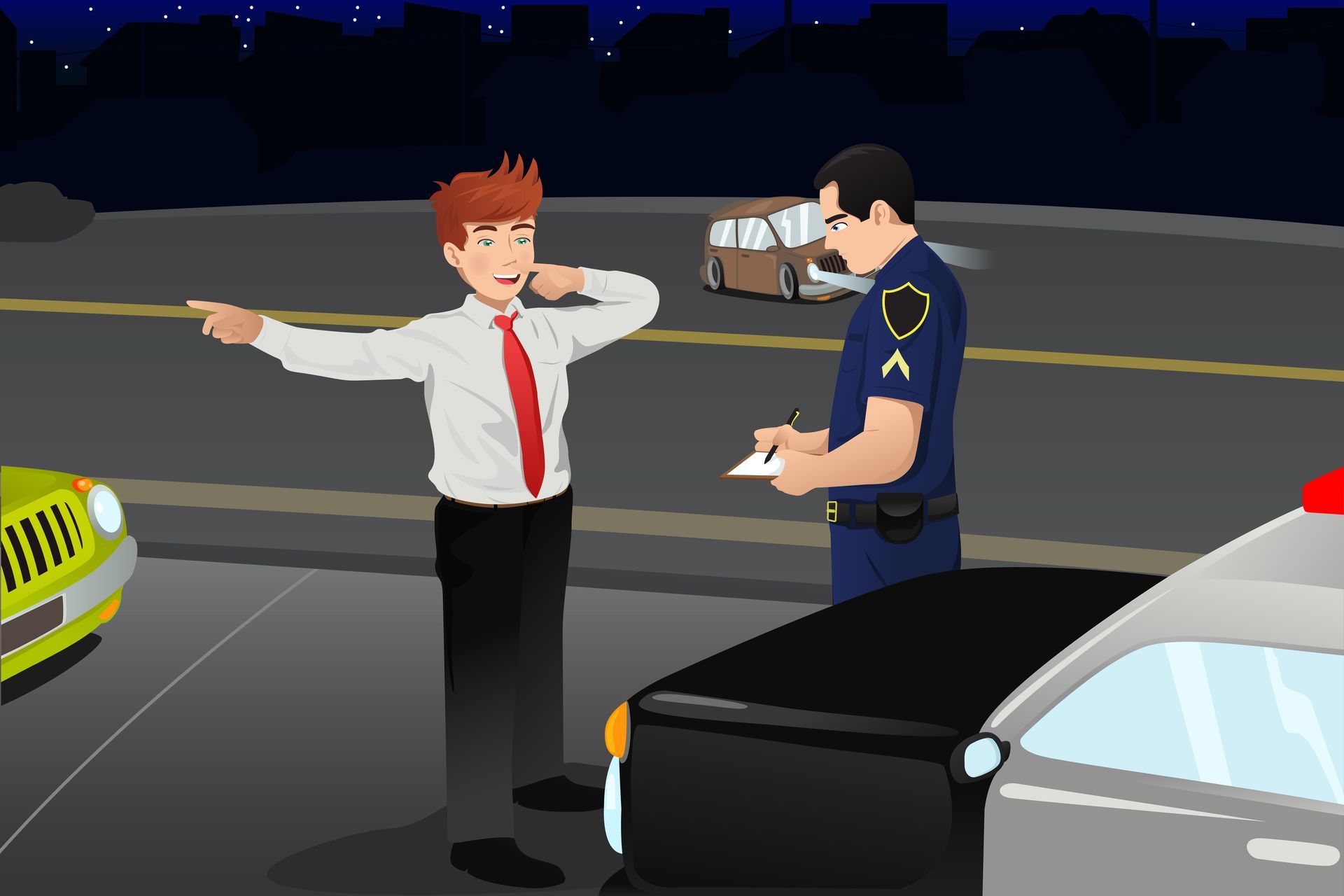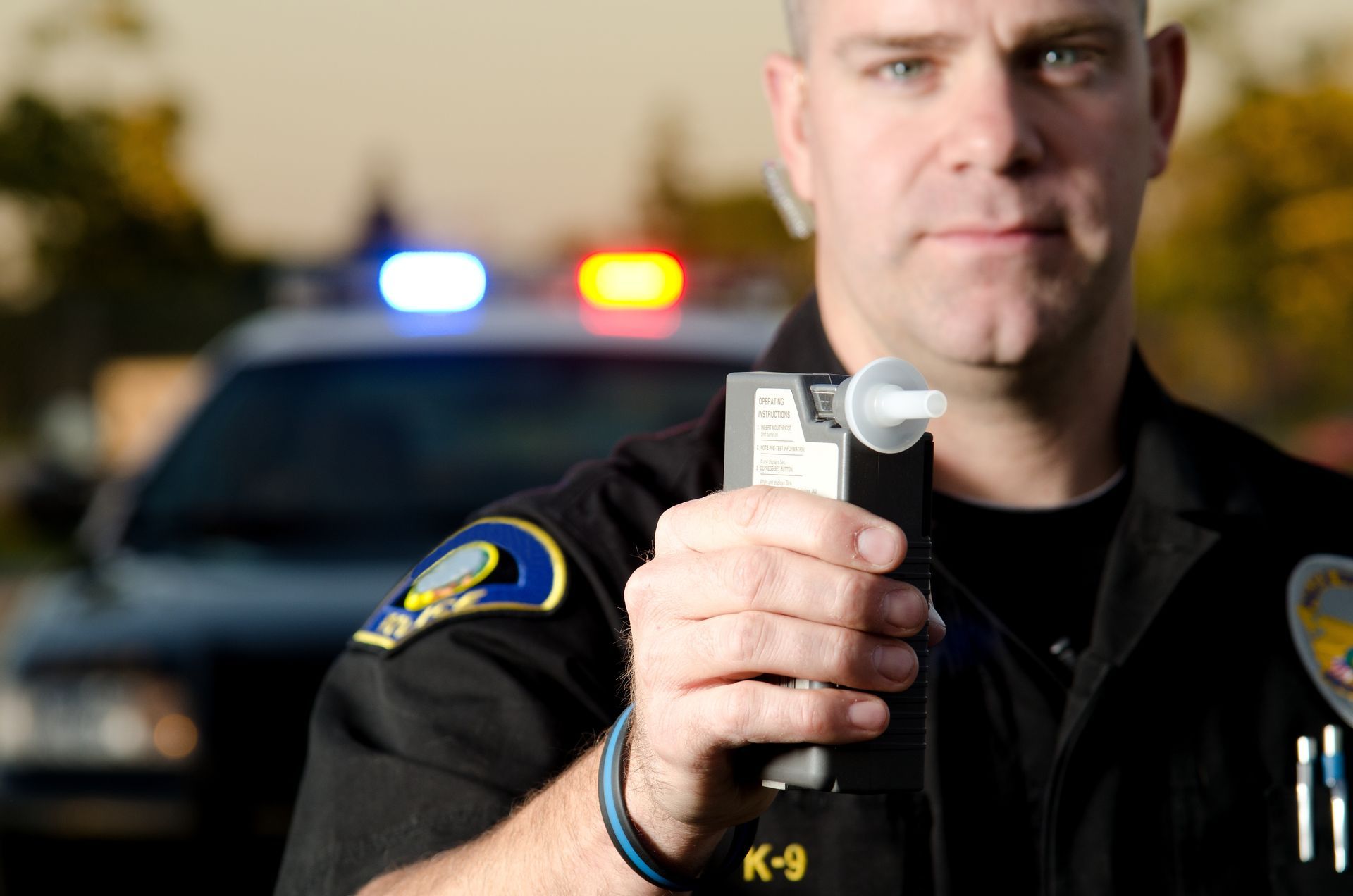Have You Been Arrested at a Protest or Public Event in Arizona?

U.S. citizens have the right to come together, express opinions, and advocate for their beliefs at protests, marches, and public gatherings. These rights hold pride of place in the Constitution because the founders understood how vital they are to a sustainable, free republic.
But the First Amendment does not give people the right to violate state or federal law while assembling or exercising their right to free speech.
Whether you’re at a civil rights protest, an anti-war demonstration, a campus rally, or a more celebratory gathering, like a Juneteenth or Pride event, the energy of these spaces can sometimes shift quickly and lead to unexpected arrests.
Common Charges at Protests and Public Gatherings
Even peaceful participants at protests or events can get swept up in arrests, especially when law enforcement responds with a heavy presence or aggressive crowd control tactics. Some of the most common charges arising from protests or large public events include:
- Disorderly conduct or disturbing the peace
- Unlawful assembly or failure to disperse
- Trespassing on private or restricted property
- Resisting arrest or interfering with law enforcement
- Drug possession or alcohol-related misdemeanors like underage possession or drinking in public
- Criminal damage or vandalism (for acts like defacing signs, flags, or other property)
In Arizona, disorderly conduct (ARS 13-2904) is used as a catch-all charge because it can be applied broadly, sometimes unfairly, to cover everything from loud arguments to simply standing in the wrong place when tensions escalate.
Disorderly conduct is typically a Class 1 misdemeanor, but conduct that includes recklessly handling, displaying, or discharging a deadly weapon can make it a Class 6 felony.
Arrests at Celebratory Events and Confrontations With Counter-Protesters
While cultural celebrations, like Pride parades or Juneteenth celebrations, are primarily joyful, commemorative gatherings, they sometimes become flashpoints for confrontation. Counter-protesters may show up to disrupt or challenge the event’s message, leading to heated verbal clashes or even physical altercations.
In these moments, police often intervene quickly to prevent escalation, injuries, and property damage, but their approach can be aggressive. Unfortunately, attendees and bystanders, some of whom may have been trying to de-escalate conflicts, can be arrested alongside those causing disruption.
For counter protestors attending these events, it’s important to understand the legal line between protected free speech and criminal behavior. Yelling, chanting, or holding signs is protected by the First Amendment. Physically tearing down or defacing someone else’s signs, flags, or banners, even if you strongly oppose their message, can result in criminal damage charges.
Crossing police lines, blocking streets without a permit, or refusing to leave when ordered can lead to trespassing or failure-to-disperse arrests.
What to Do If You’re Arrested
If you’re arrested at a protest or public event, your first priority should be to protect your own rights. Ask for an attorney immediately and don’t try to explain your side of the story to the police, even if you believe you were in the right. Anything you say can be used against you later in court.
If possible, try to remember details of the arrest: who was involved, what was said, whether excessive force was used, and if any bystanders recorded what happened.
Writing down what happened as soon as you get home can be helpful, as these details may be critical for your defense attorney when challenging the charges.
How a Criminal Defense Attorney Can Help
A skilled defense lawyer can review whether your arrest was lawful and whether your actions actually met the legal definition of the charges you face. For example, were you really engaged in disorderly conduct, or were you just rounded up with unruly participants? Did police have probable cause to arrest you for trespassing, or were you on public property exercising free speech rights? Were you accused of resisting arrest simply for pulling away in confusion or fear?
Your attorney can also help:
- Work to have charges reduced or dismissed, especially for minor offenses
- Challenge the constitutionality of the arrest or any police overreach
- Seek expungement or record sealing if you weren’t convicted
- Explore potential civil rights claims if law enforcement violated your constitutional rights
When to Seek Legal Help
Even if you believe you did nothing wrong, protest-related charges are serious and can carry long-term consequences for your record, employment, housing, or immigration status. Defending against these types of charges can be complicated by the nature of protests:
- Demonstrations directed at law enforcement can affect how police and prosecutors treat arrested participants.
- Media coverage and public perception can potentially shape the course of your case.
- Physical confrontations or injuries to officers can influence how police report the
incident and increase the severity of prosecution. Protestors who had no part in attacking officers may still face serious consequences due to the actions of agitators.
An experienced Arizona criminal defense attorney can help you navigate these challenges, protect your rights, and fight for the best possible outcome in your case.
If You’ve Been Arrested at a Protest or Event, Call a Board-Certified Arizona Criminal Defense Attorney
People caught up in demonstrations don’t always have a lot of experience dealing with law enforcement or the criminal justice system. If you’re facing criminal charges related to a protest or event, Board-Certified Criminal Law Specialist Michael Alarid III is ready to help. Call (602) 818-3110 or contact us online for a free, confidential consultation.



